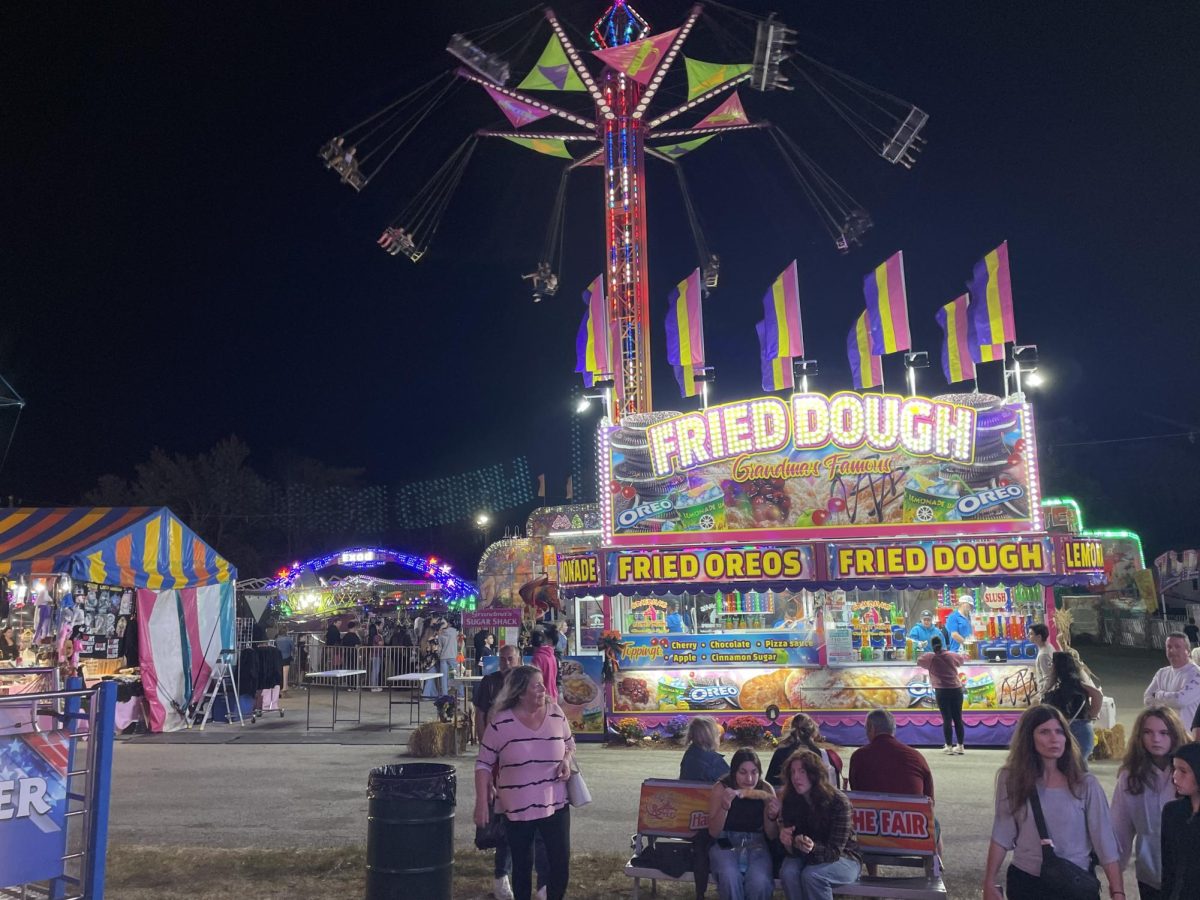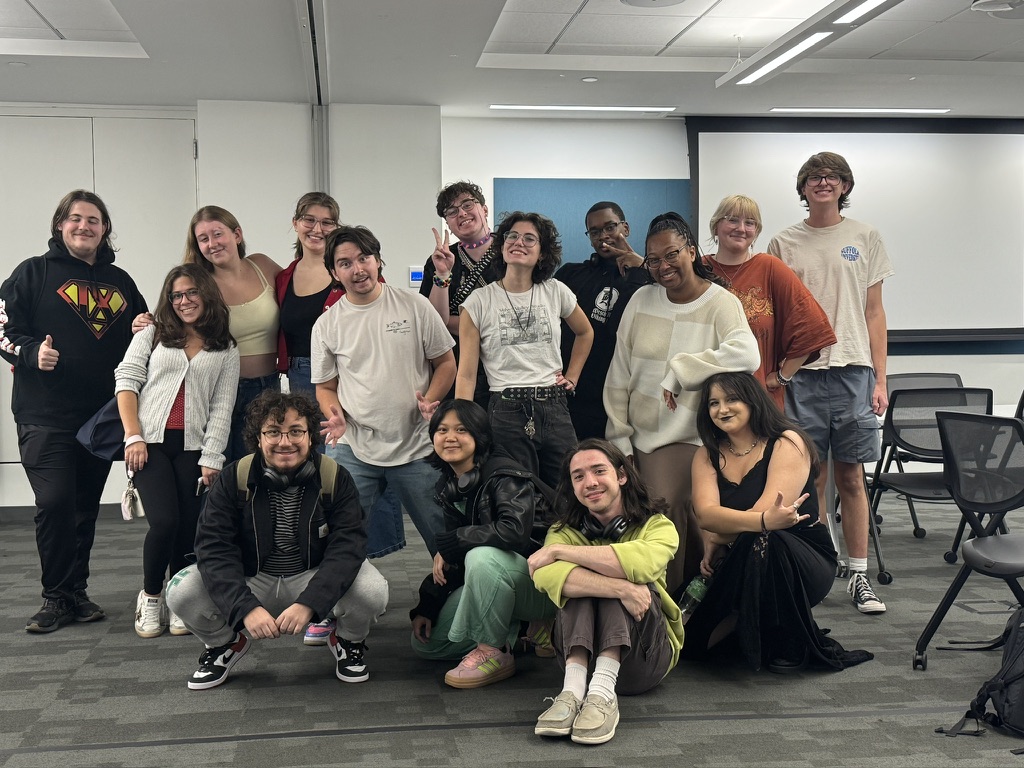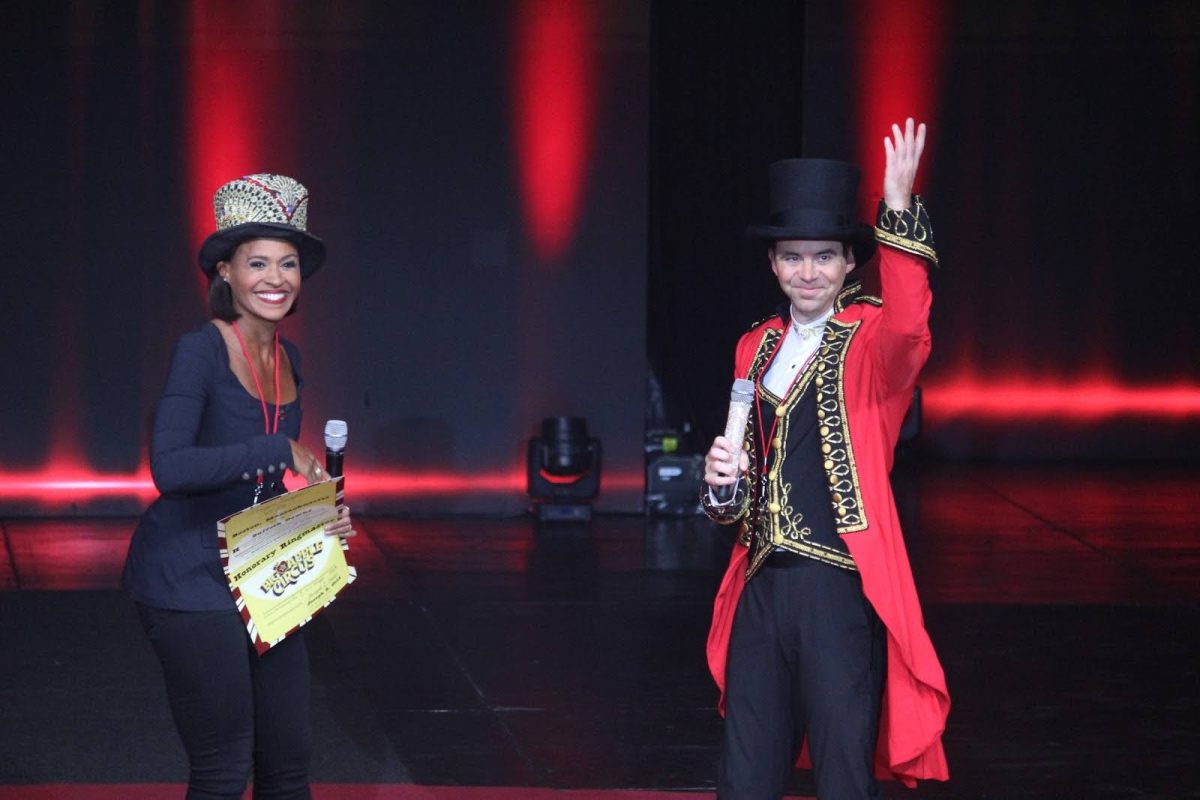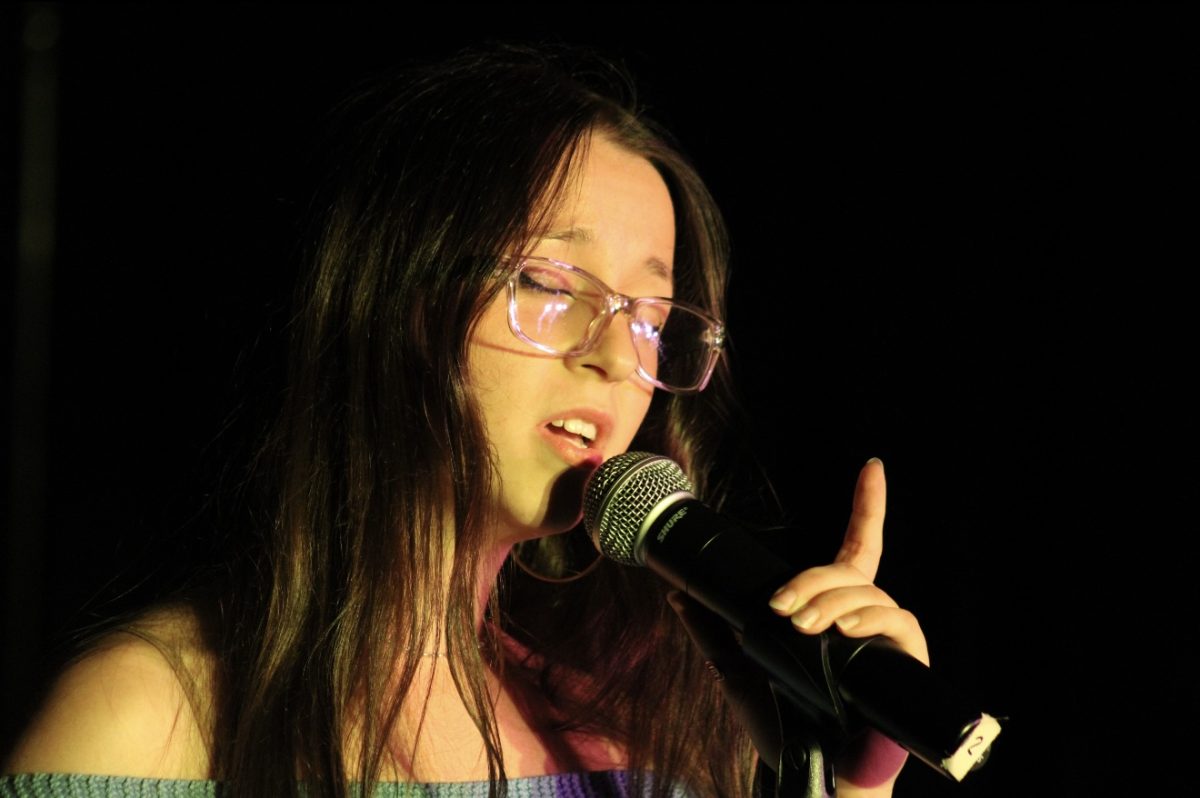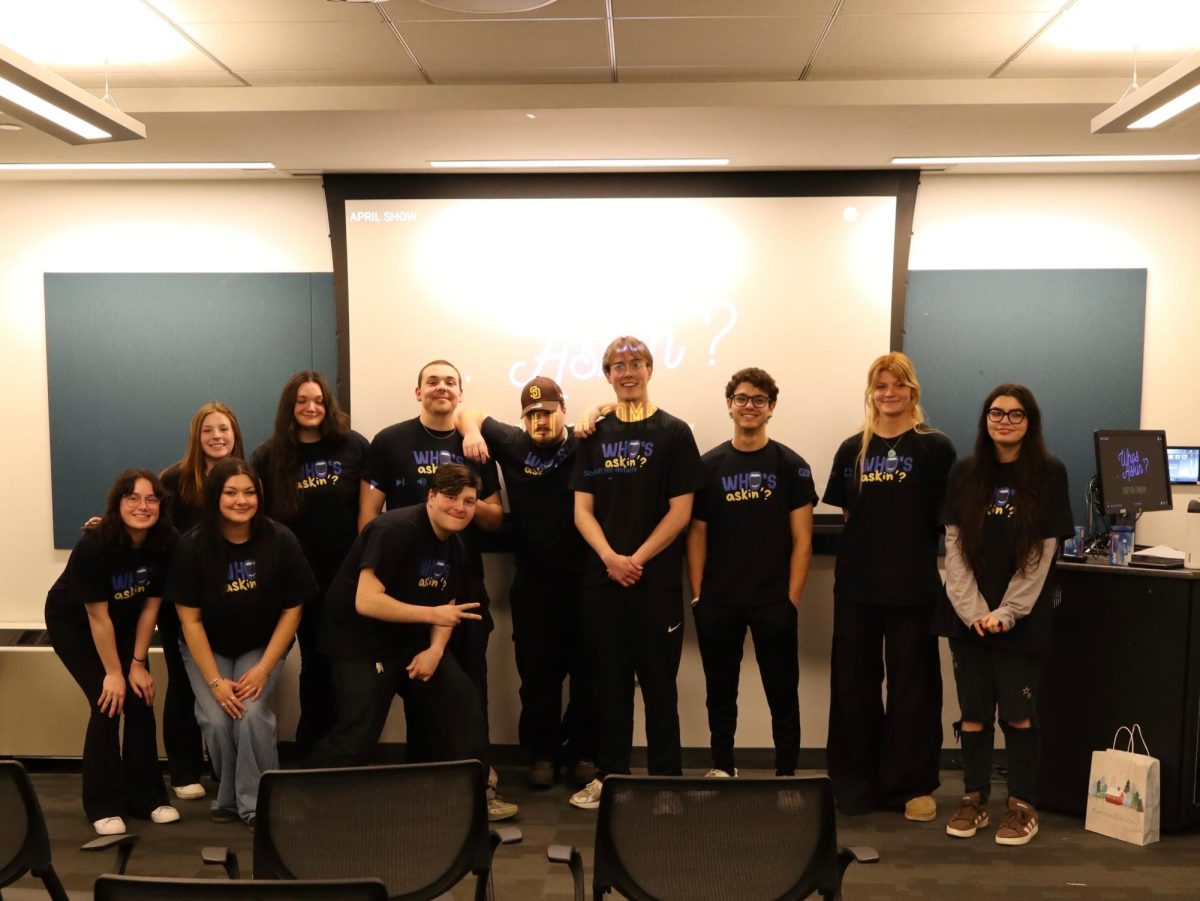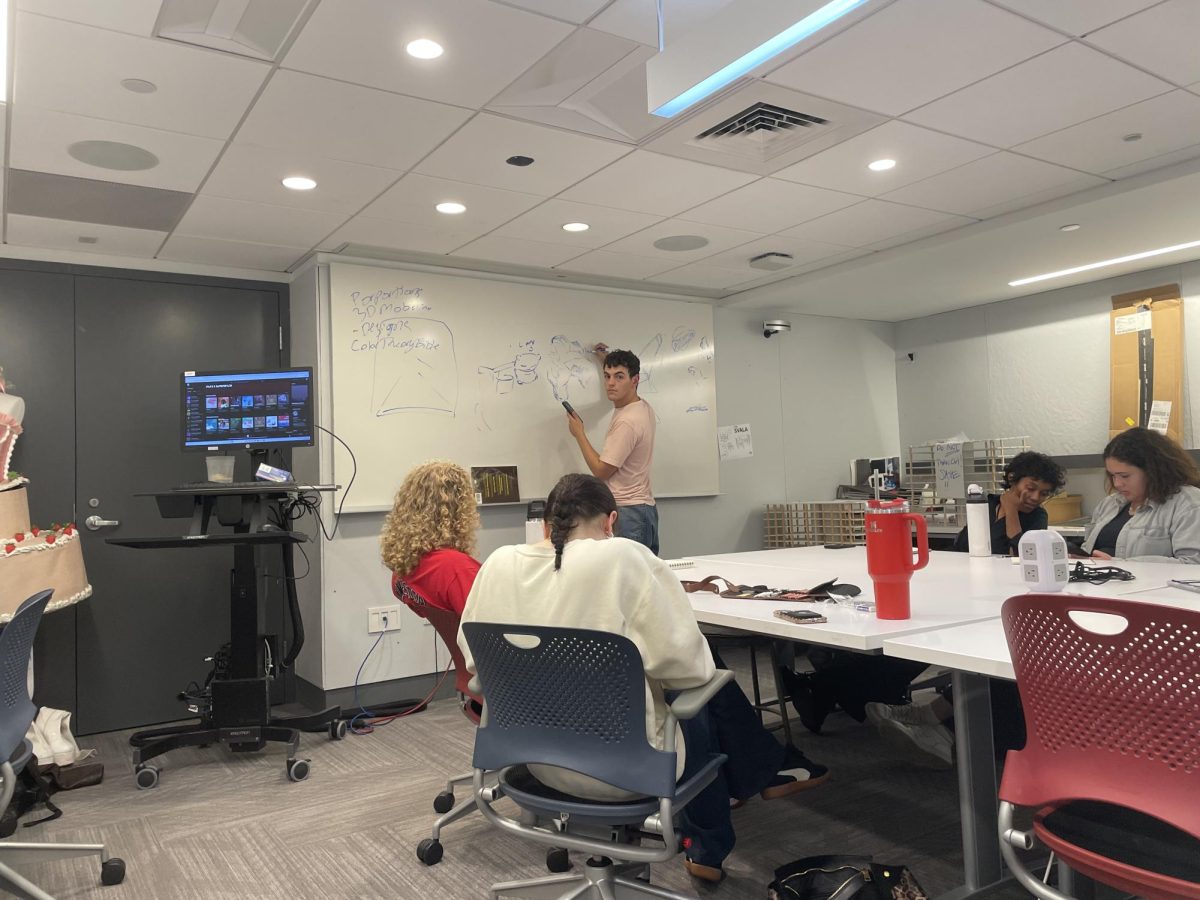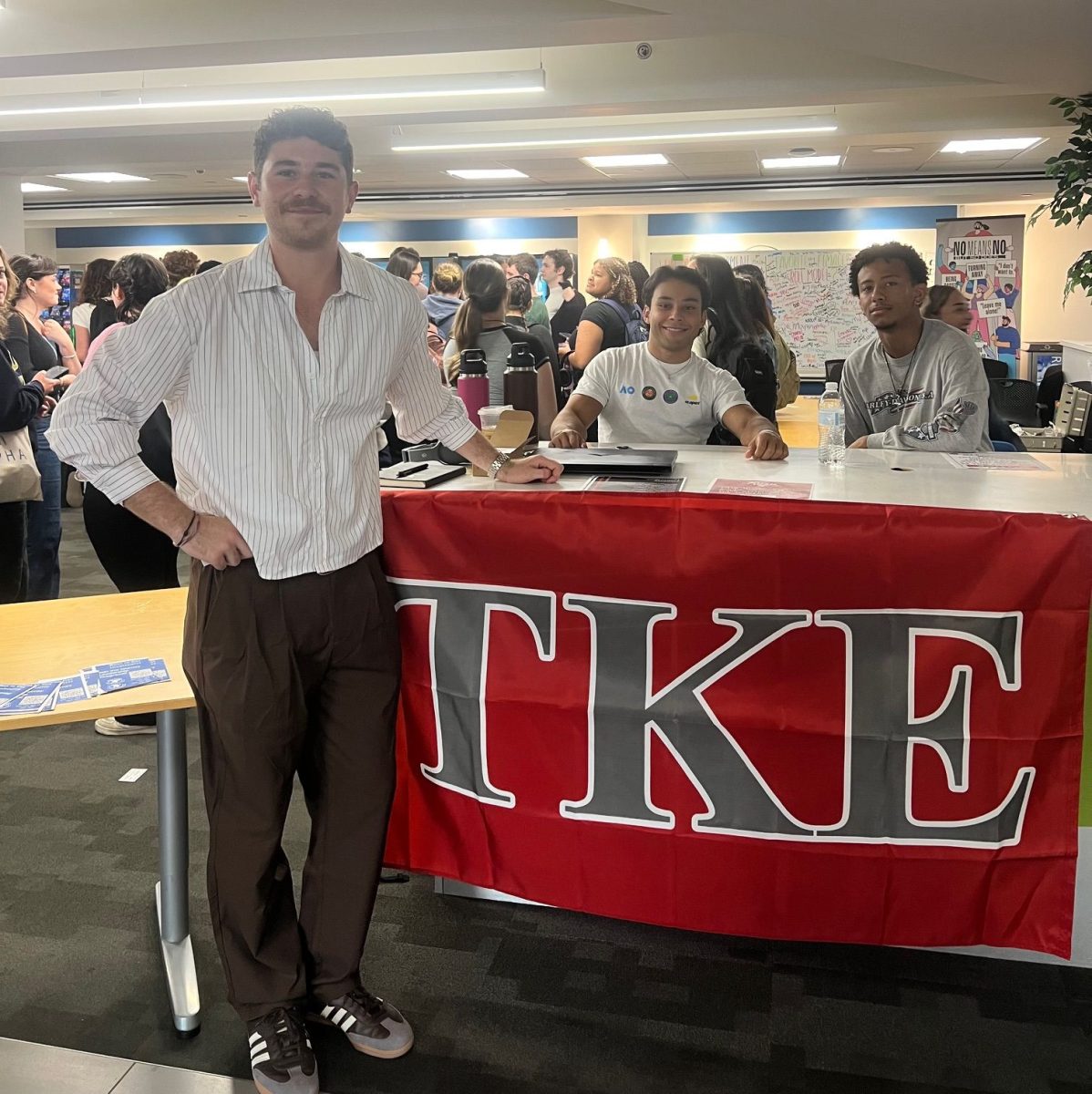By Patricia Negrón and Melanie June Grosvenor
Suffolk’s Poetry Center was almost filled to capacity Wednesday as poets Rebecca Kaiser Gibson and Gary Whited captured the attention of Suffolk students and faculty.
The audience leaned in to hear Gibson and Whited, who have both been published in the Salamander literary magazine based at Suffolk and have attended readings at Suffolk in the past.
“We have with us tonight two poets that have been very much a part of this community,” said Fred Marchant, Suffolk professor emeritus of English and director of the Poetry Center. “‘Community’ is one of those words that can so easily become a cliché, but to come out in the middle of the winter to a reading by another person, to park in Boston is something that deserves praise.”
Considering that Suffolk is located in the Boston Literary District, harboring a student literary community through events like this one is a great move.
Gibson read first, captivating the audience with the versatile sounds and rich language of her poems.
The words seemed to pop and fizzle as they burst out of her mouth, almost creating a chemical reaction with the room’s atmosphere as members of the audience internalized them.
She brought with her an opinel, a French knife used by peasants in the 1890s that requires a series of steps to unlock and open.
“The opinel itself has three parts,” Gibson said. “One is this wooden casing that is rigid and enclosing and sort of light, seeming to me to be solid, reliable but with limits. The other is the hinge, where things begin to sort of open up, and I began to look a little differently at the world, and I suppose that’s the center of the manuscript. And then, of course, it opens and does all those things that knives do.”
She used this piece of French history to explain why she chose “Opinel” as the title of her book and how the opinel was an integral theme of her story.
Some of her poems dealt with finding the magical in the mundane, which is why it was the perfect title.
Gibson’s poem “Opinel” says that artists also used the knife, meaning that art also comes from something as ordinary as a peasant knife.
Whited read poems from his book “Having Listened,” which all connected back to the theme of communication and listening.
As he read, the audience was transported to memories of the farm where he was raised in the plains of Montana. Most of his poems also touched upon the relationship between a father and son.
“So many of the poems are written in response to some experience of listening, some moment of listening,” Whited said. “In my current profession as a psychotherapist, listening is central. And as I look back on my years of teaching philosophy, I realize that listening was at the center of that enterprise: listening to students, listening to philosophical texts, and maybe, most importantly, listening to and within that context of the classroom, that dialogue.”
Listening was definitely the main theme of the night. Halfway through the reading, Whited said he was thankful that everyone present was listening intently.
Listening was a natural and inevitable reaction to the comfort provided by his poems.
The Poetry Center should consider partnering up with the BLD to help sponsor events off campus and to promote Suffolk readings on campus through the BLD website in order to truly be a pillar of the literary community.
The English department’s next events at the Poetry Center this semester include a fiction reading by new novelist Maggie Mitchell on Nov. 13 at 3 p.m. and a poetry reading featuring David Ferry, a Distinguished Visiting Scholar at Suffolk, on Nov. 18 at 7 p.m.




